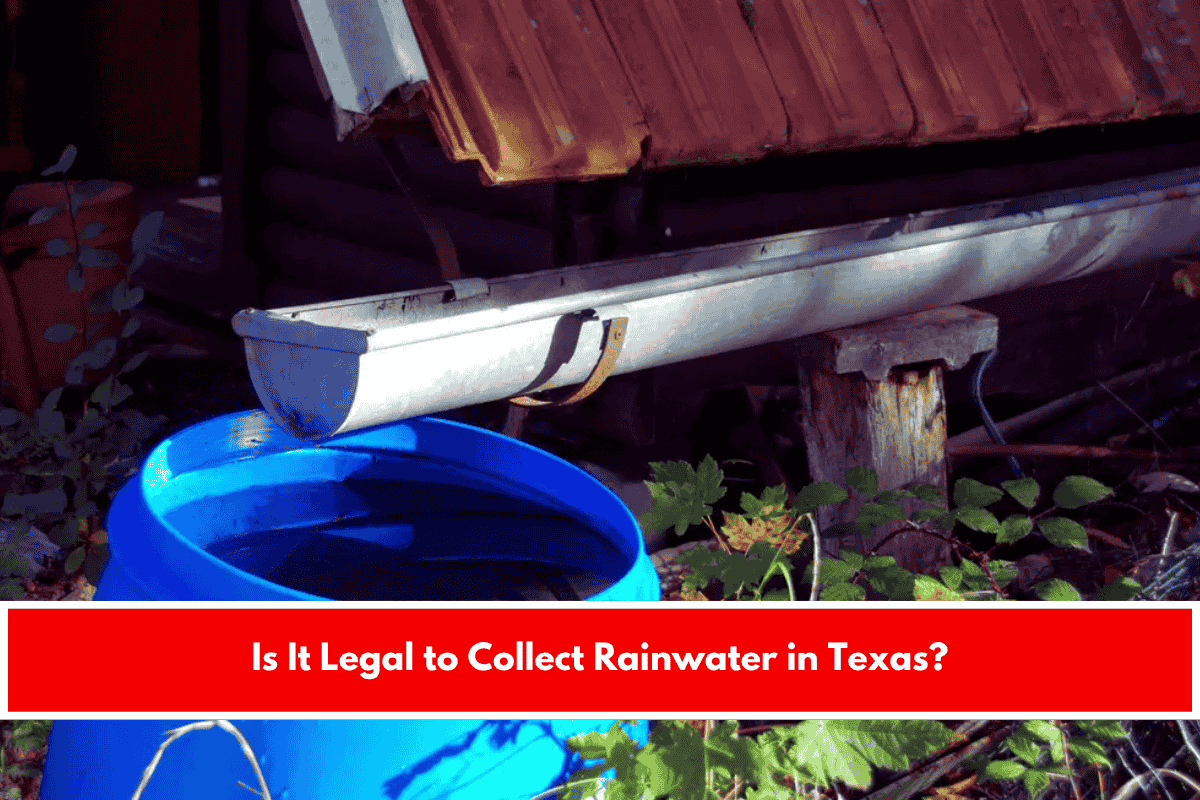Many Texans know that the state can get a fair amount of rainfall, especially in areas like East Texas, Dallas, and other parts of the eastern and southeastern regions. With the frequent downpours, it makes sense that people might wonder if they can capture and store some of that rainwater for later use. But is it legal?
Is Collecting Rainwater Legal in Texas?
The good news for Texans is that it is legal to collect rainwater in the state. In fact, it’s not just legal, but it’s actually encouraged in many cases. The practice of rainwater harvesting helps reduce the strain on public water systems and can be a sustainable solution for homeowners and businesses alike.
According to the Texas Water Development Board, rainwater harvesting is a great way to conserve water and reduce demand on public water supplies. This is especially helpful during times of drought, which Texas occasionally faces. So, not only is it legal, but it could be considered beneficial for the environment and the community.
Does Texas Get Enough Rainfall for Harvesting?
If you live in areas like East Texas or around Dallas, you’re likely familiar with the frequent rainfall in the region. Texas gets quite a bit of rain, especially in the eastern parts of the state. In fact, East Texas is one of the wettest areas in the state, so it’s a prime location for collecting and saving rainwater.
This summer has been a great example of how much rain Texas can receive, and it’s a reminder that taking advantage of this natural resource could be both practical and cost-effective for Texans.
Are There Restrictions in Other States?
While rainwater harvesting is generally not illegal in most parts of the U.S., some states impose restrictions. In certain areas, capturing rainwater is allowed for things like watering plants or animals, but there are restrictions when it comes to human consumption. This is mainly due to concerns about the storage conditions and the potential for harmful bacteria to develop.
Some states worry that rainwater, once captured and stored, could become contaminated if the proper conditions aren’t met. This is why it’s important to ensure that the right type of container is used and that the water is properly filtered before any use, especially for drinking.
Are There Tax Benefits or Exemptions for Rainwater Harvesting in Texas?
In Texas, there are even tax benefits available for those who want to set up a rainwater harvesting system. The state provides sales tax exemptions for the equipment, labor, and supplies needed to collect and store rainwater.
This means that if you’re planning to install a system for rainwater collection, you may be eligible to save on state sales taxes, making the initial investment more affordable.
What Should You Do Before Starting a Rainwater Harvesting System?
If you’re seriously thinking about starting a rainwater harvesting system, it’s always a good idea to check with your local county government and water providers for any specific guidelines or regulations in your area.
While the practice is generally encouraged, local water districts may have additional rules or best practices to follow. They can also provide expertise on how to properly install and maintain your system to ensure safe, clean water storage.











Leave a Reply